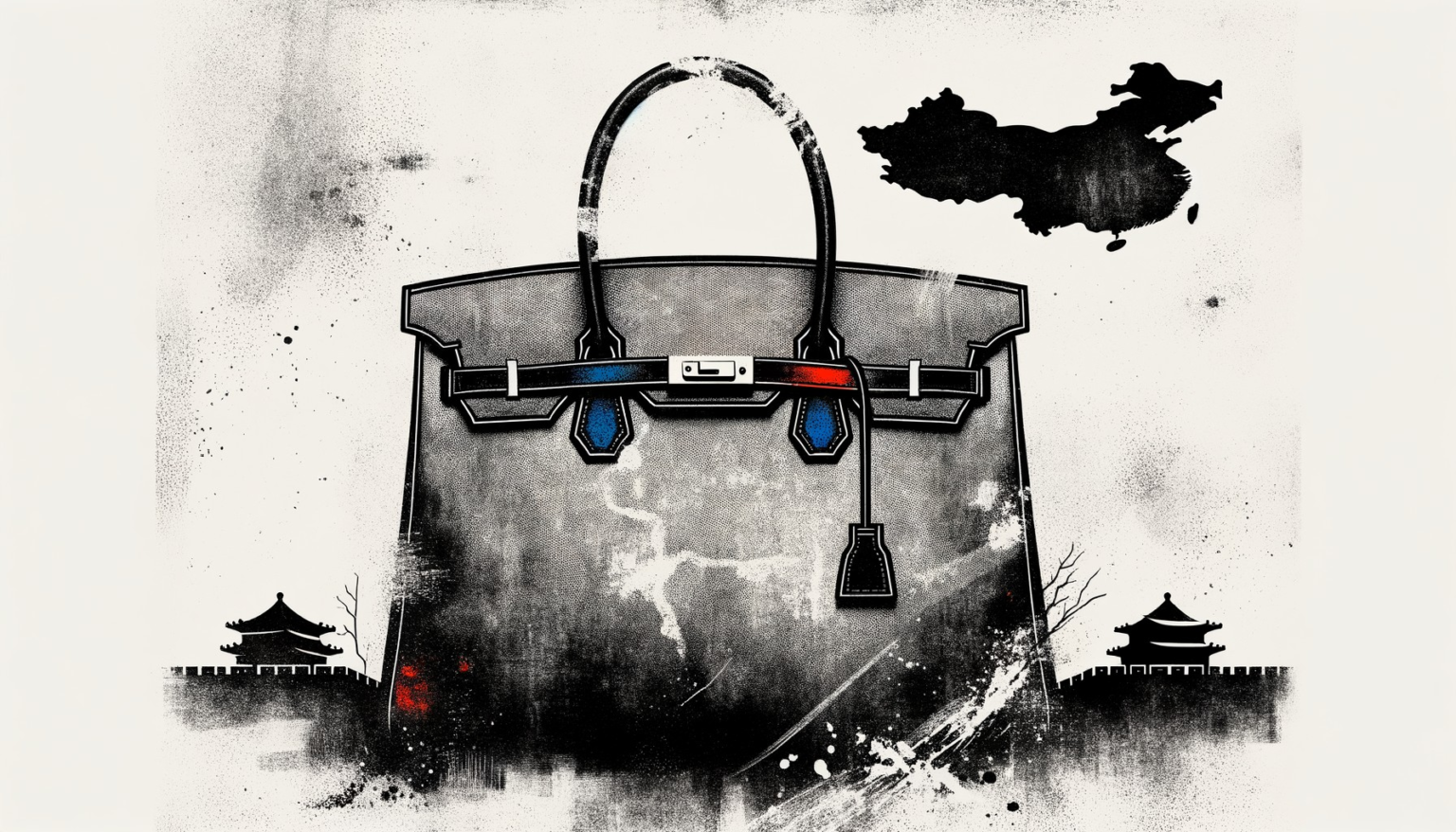Global Luxury Brands Feel the Pinch as China’s Economy Slows Down
The global luxury market is facing a significant downturn as China’s economic slowdown impacts high-end consumer spending.
The economic slowdown in China is making waves across the global luxury sector. Prominent brands like LVMH, Burberry, and Hugo Boss are witnessing notable declines in sales, a stark contrast to the booming performance they enjoyed until recently. What’s causing this turmoil, and how are these brands coping?
China’s Luxury Market: From Boom to Bust
Last year, China’s luxury market accounted for a whopping 16% of global luxury spending. Consumers, particularly from the burgeoning middle class, have significantly contributed to the success of prestigious brands around the world. However, recent economic conditions signal a shift in consumer behavior. Sluggish economic growth, an enduring property slump, and job insecurity are causing Chinese middle-class shoppers to tighten their purse strings, especially when it comes to high-end products.
Leading Brands Feel the Heat
LVMH, a titan in the luxury sector, has experienced a dramatic fall from grace. In June, the company lost its standing as Europe’s second most valuable listed company, suffering an €85 billion hit to its market value. Similarly, Burberry and Hugo Boss have issued profit warnings, forecasting a bleak financial future. Compagnie Financière Richemont, best known for its luxury watches and jewelry, reported a 27% drop in quarterly sales spanning China, Macau, and Hong Kong.
In sharp contrast stands Hermes, the only luxury brand that appears to be bucking the trend. Thanks to its focus on ultra-high-end shoppers and prudent business strategies, Hermes is expected to post positive sales growth for the second quarter. Their strategy aligns closely with other niche luxury names like Brunello Cucinelli.
Investor Anxiety Grows
Investor confidence in the luxury sector is waning as China’s economic prospects remain uncertain. Since March, fears over China’s economic downturn have wiped €180 billion from the luxury market’s value. LVMH has been at the epicenter of this financial storm, raising concerns about the health of the entire sector.
Analysts at JPMorgan and Bernstein stress the need for positive economic indicators to support optimistic forecasts for the latter half of the year. According to financial data platform Visible Alpha, LVMH is projected to report stagnant organic sales growth, while Kering may register a 9% decline in Q2.
Future Prospects: Strategic Investments Amid Uncertainty
Despite these short-term woes, luxury brands are making long-term bets on the Chinese market. Chanel, for instance, is investing in new store openings across mainland China, underscoring their confidence in the region’s long-term potential.
UBS analysts predict that the luxury sector could see 4% organic growth this year, with the possibility of reaching a 7% increase in the second half. Nevertheless, external factors like the upcoming Paris Olympics may disrupt retail environments, particularly in major shopping areas, potentially delaying a financial recovery.
Conclusion
The global luxury market is navigating turbulent waters as China’s economic slowdown dampens consumer spending. While big names like LVMH, Burberry, and Hugo Boss struggle with declining sales, luxury brands remain optimistic about their long-term prospects in China. Hermes offers a glimmer of hope in an otherwise challenging environment. As brands strategize to weather the storm, investors and industry watchers will be keeping a close eye on economic indicators and the upcoming events that could influence market recovery.
